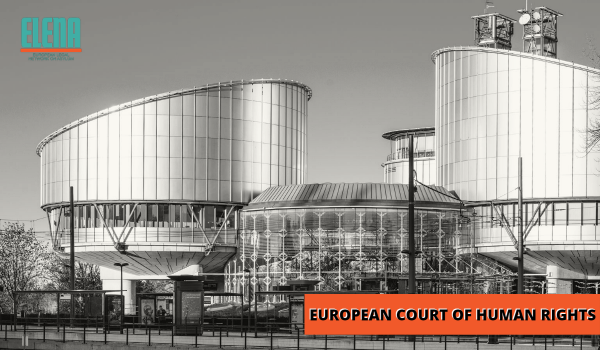On the 23rd of February 2023, the European Court of Human Rights (ECtHR) delivered its judgment no. 21325/16. The applicant, Dshijri, crossed the Hungarian border from Ukraine and commenced asylum proceedings. He received a residence permit on humanitarian grounds during the proceedings but was detained for four months as his identity and nationality where allegedly not clear which according to Hungarian authorities could frustrate the asylum proceedings and create a risk of absconding. Less restrictive measures were considered inapplicable because the applicant had no connections in Hungary or resources to subsist on. Dshijri submitted statements clarifying his identity, but his detention was extended until the day he received subsidiary protection.
The ECtHR noted that the applicant was granted a residence permit in line with the national law and held this permit throughout the proceedings. Therefore, the Court did not accept Hungary’s claim under Article 5 1 (f) ECHR that the detention was meant to prevent an unauthorised entry having regard to Dshijri’s residence permit, and in the absence of any convincing argument to the contrary.
The ECtHR then ruled that the detention did not fall under Article 5 1 (b) ECHR namely detention to secure the fulfilment of any obligation prescribed by law because there was no indication that the applicant failed to cooperate with the Hungarian authorities. Furthermore, the reasoning for ordering and prolonging detention based on clarifying the identity and nationality was not sufficiently individualised and so Hungary violated Article 5 1 ECHR.

